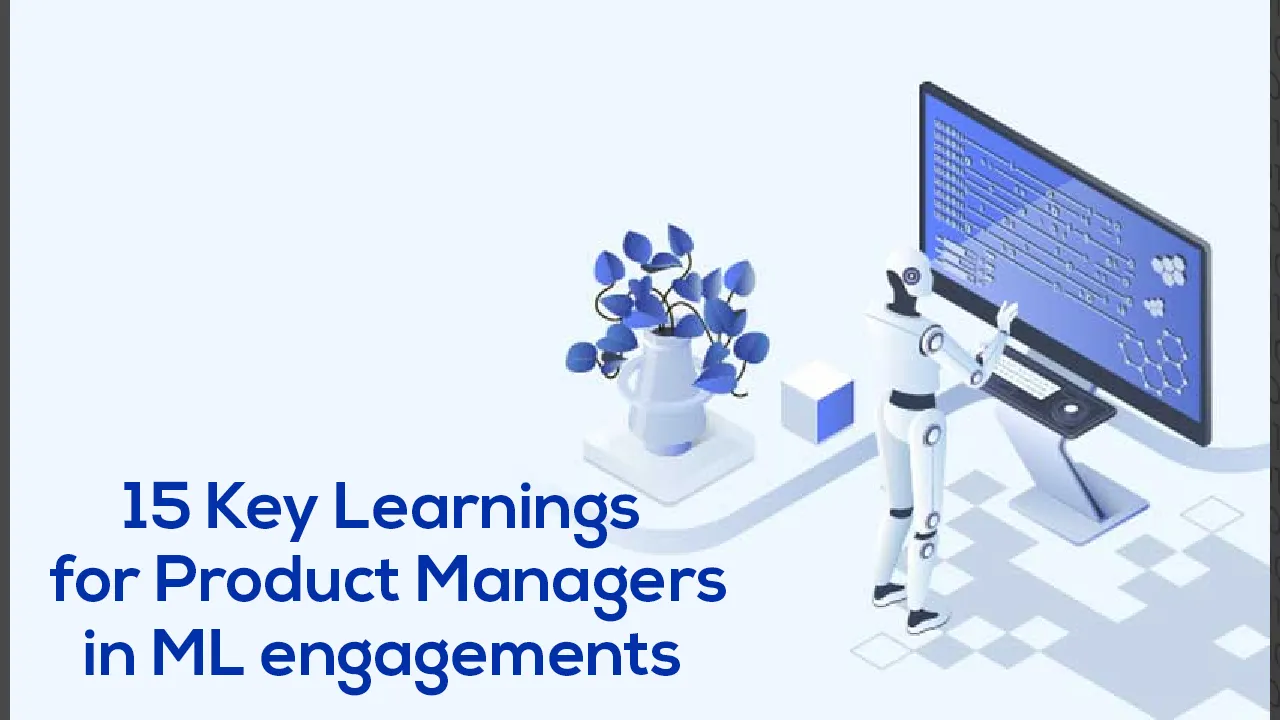Did you know that an overwhelming 35% of Amazon’s sales come from product recommendations?
Did you know that Spotify’s Discover Weekly and Release Radar playlists are machine-generated and account for 31% of all listening on the platform?
Add to it, did you know that an impressive 80% of Netflix’s stream time is through its recommender system that translated to $1B in savings on customer acquisition?
Well, it must come to you as no surprise that these technology companies share a common trait — a strong data-driven culture that leverages the latest technologies such as AI, Machine learning and deep learning.
This was evident when Gartner expanded its coverage of AI technologies in the ‘Gartner Hype Cycle for Emerging Technologies, 2020’ published earlier in the year. It also cited that 80% of emerging technologies would have AI foundations by 2021.
While the top stories are exemplary, many organisations across the globe are still grappling to derive substantial business value using these disruptive technologies. According to IDC, 25% of organisations worldwide that are already using AI solutions report up to 50% failure rate. The survey also revealed that unrealistic expectations and lack of skilled people were amongst the top reasons for failure.
For the successful companies, a ‘Data First’ or ‘AI First’, culture has helped them not only align their people and processes, but also their goals. They thrive in developing AI/ML platforms that are continuously tuned to stay efficient as business priorities change.
Me and Nithin Subhakar (@nithin subhaka) will try to break it down into 15 simple steps.
Foreword
Based on our experiences, product managers need to play a pivotal role not just in orchestrating business value delivery but also in working extensively with ML engineers, data scientists and data engineers with an appreciation for the experimental nature of ML engagements.
We are happy to share some of our key learnings from ML engagements and we hope that product managers who are starting out their ML journey find them useful.
Before we get to the key learnings, let’s first understand what an ML product development life cycle is.
#product-management #machine-learning #stakeholder-management #product-life-cycle #machine-learning-ai #ml engagements
